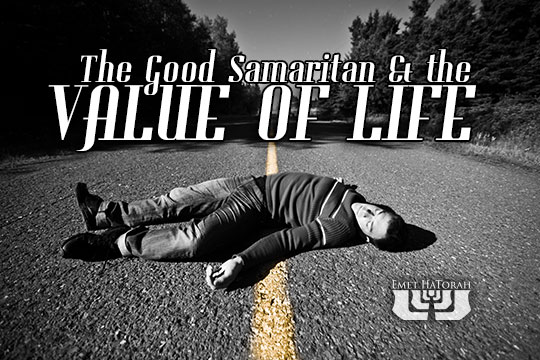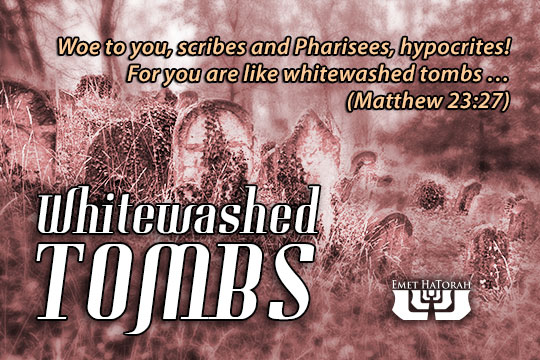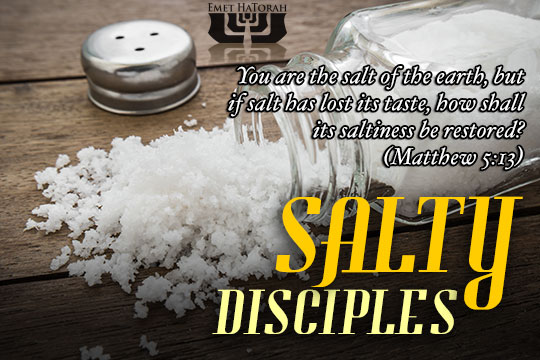Rabbi Tarfon said: The day is short, the task is great, the laborers are lazy, the wage is abundant and the master is urgent. (m.Avot 2:20)
If you’ve been a student of the Apostolic Scriptures for any length of time you are sure to recognize the similarities between the words of Rabbi Tarfon and those of our Master Yeshua. Rabbi Tarfon said, “The day is short, the task is great, the laborers are lazy, the wage is abundant and the master is urgent.” Yeshua said, “The harvest is plentiful, but the laborers are few. Therefore pray earnestly to the Lord of the harvest to send out laborers into his harvest” (Luke 10:2).












